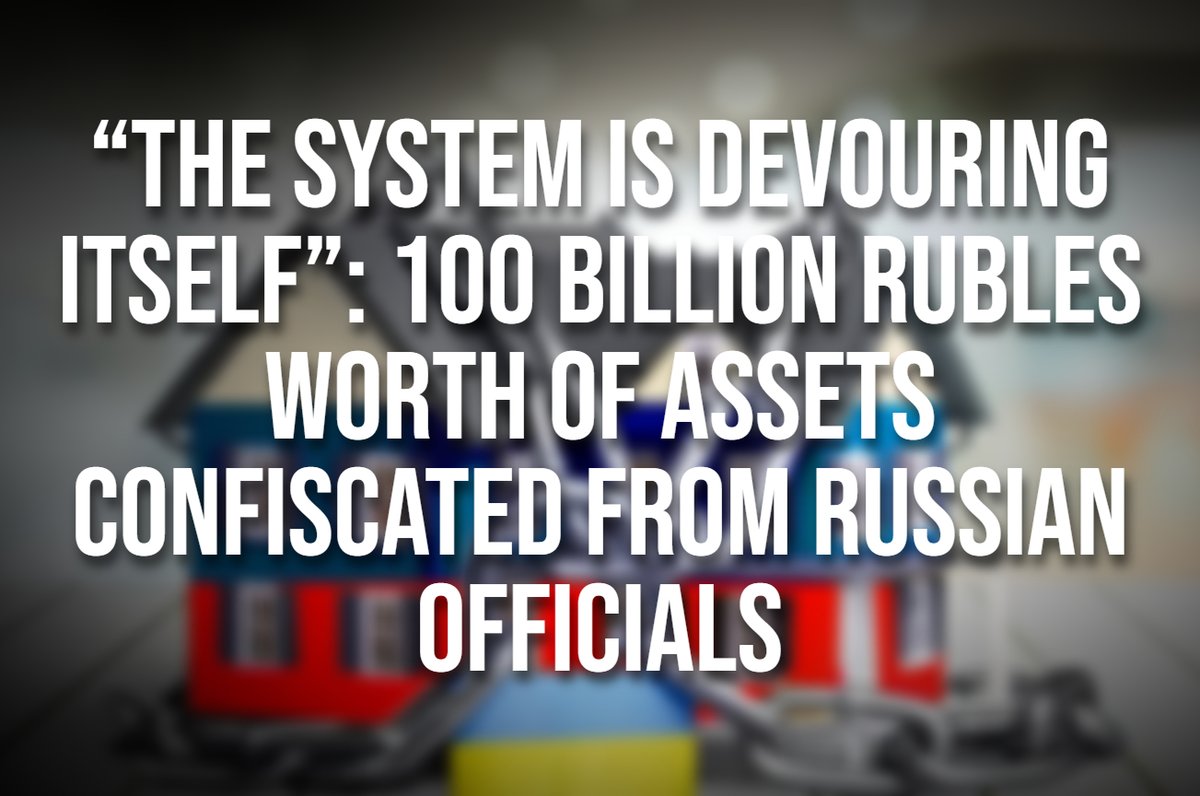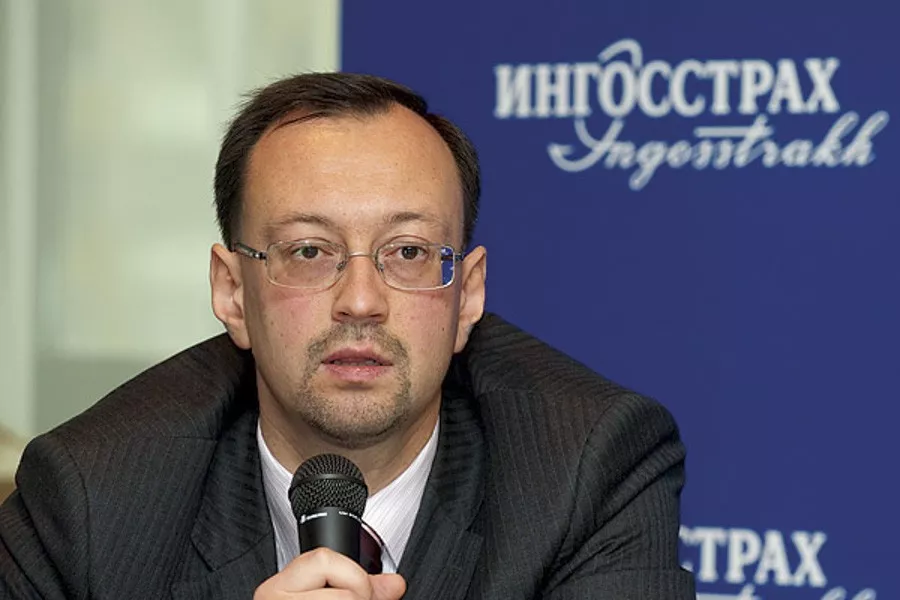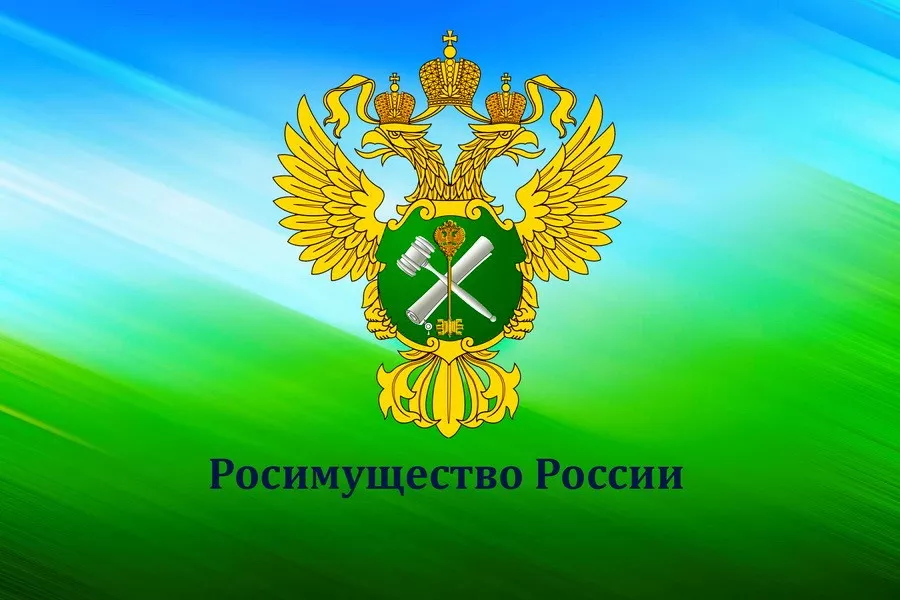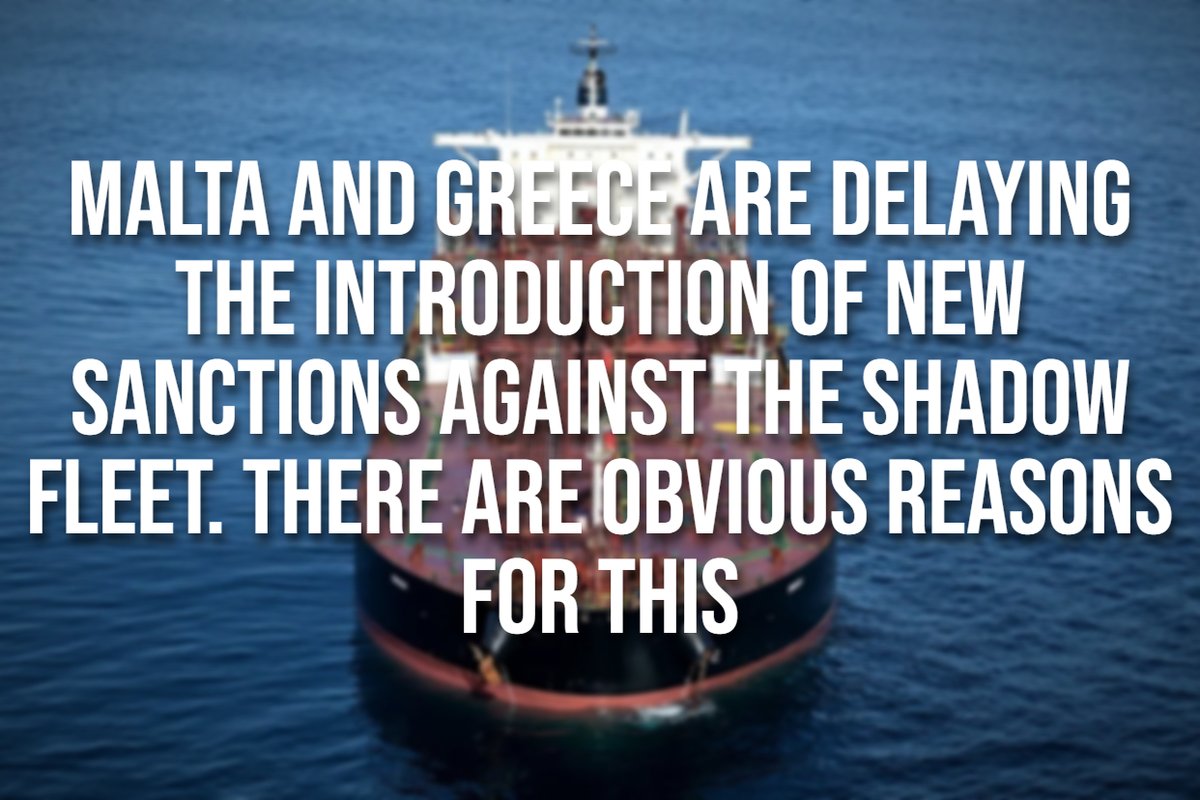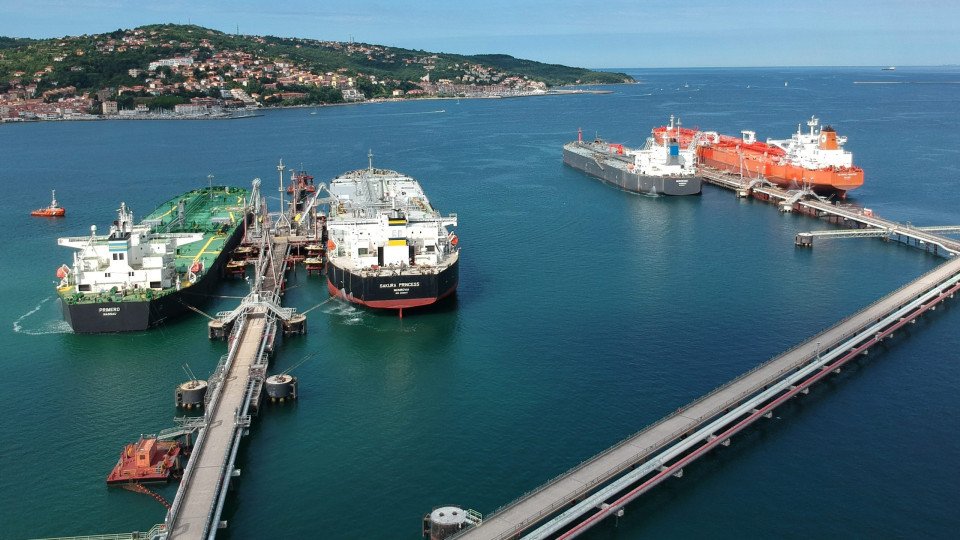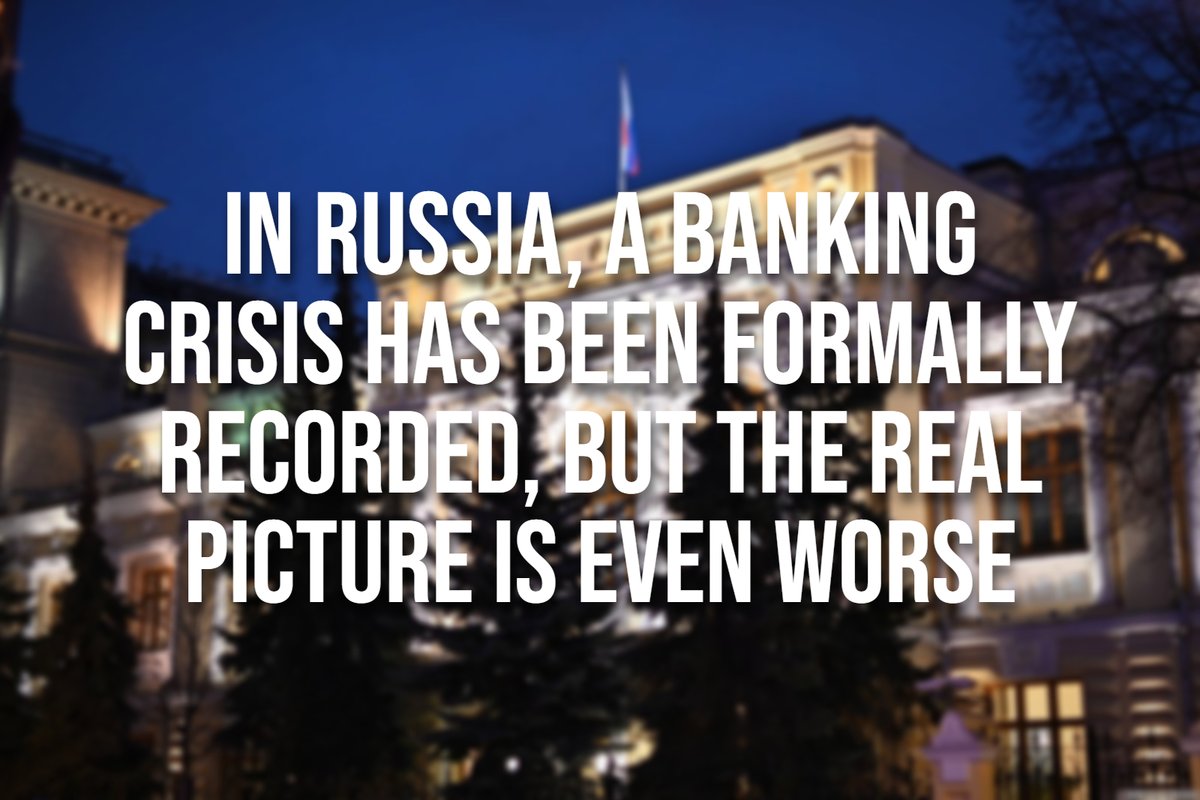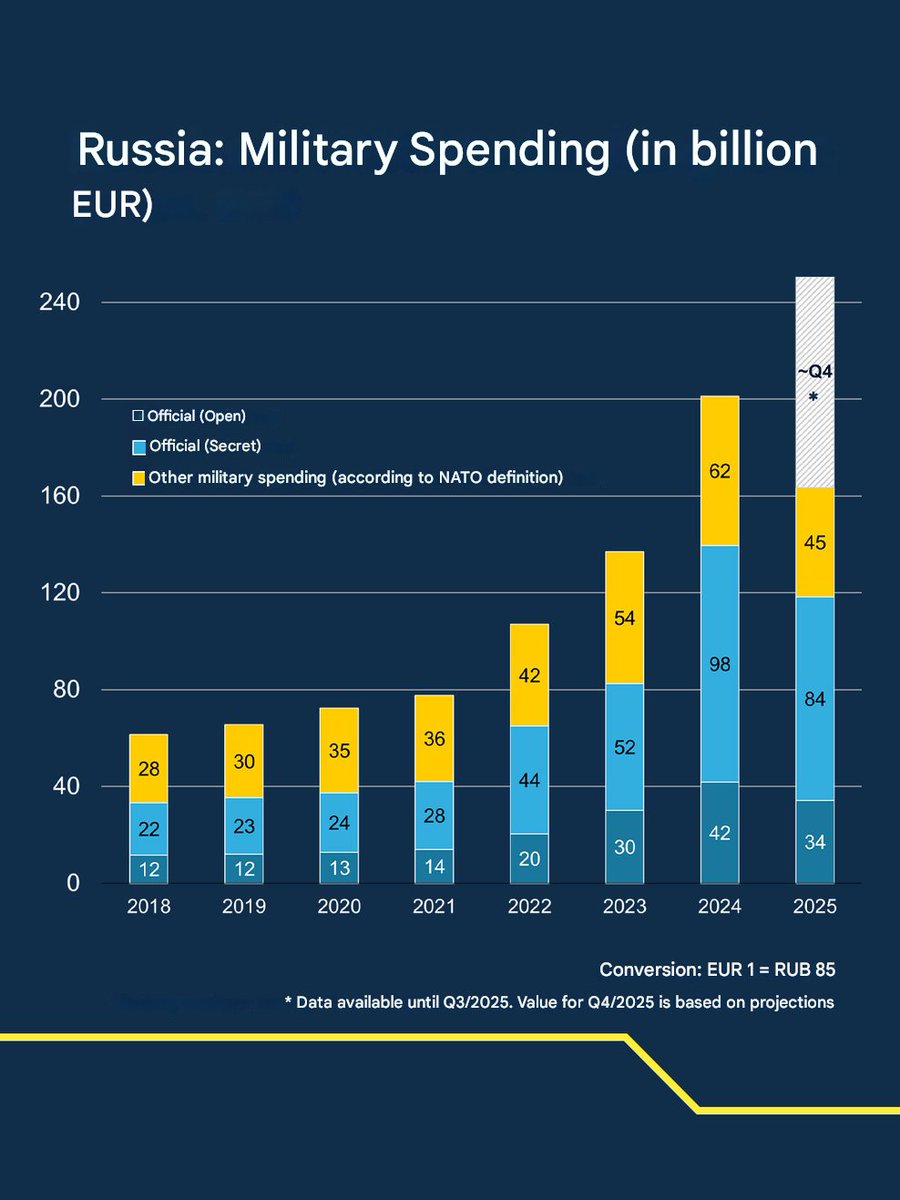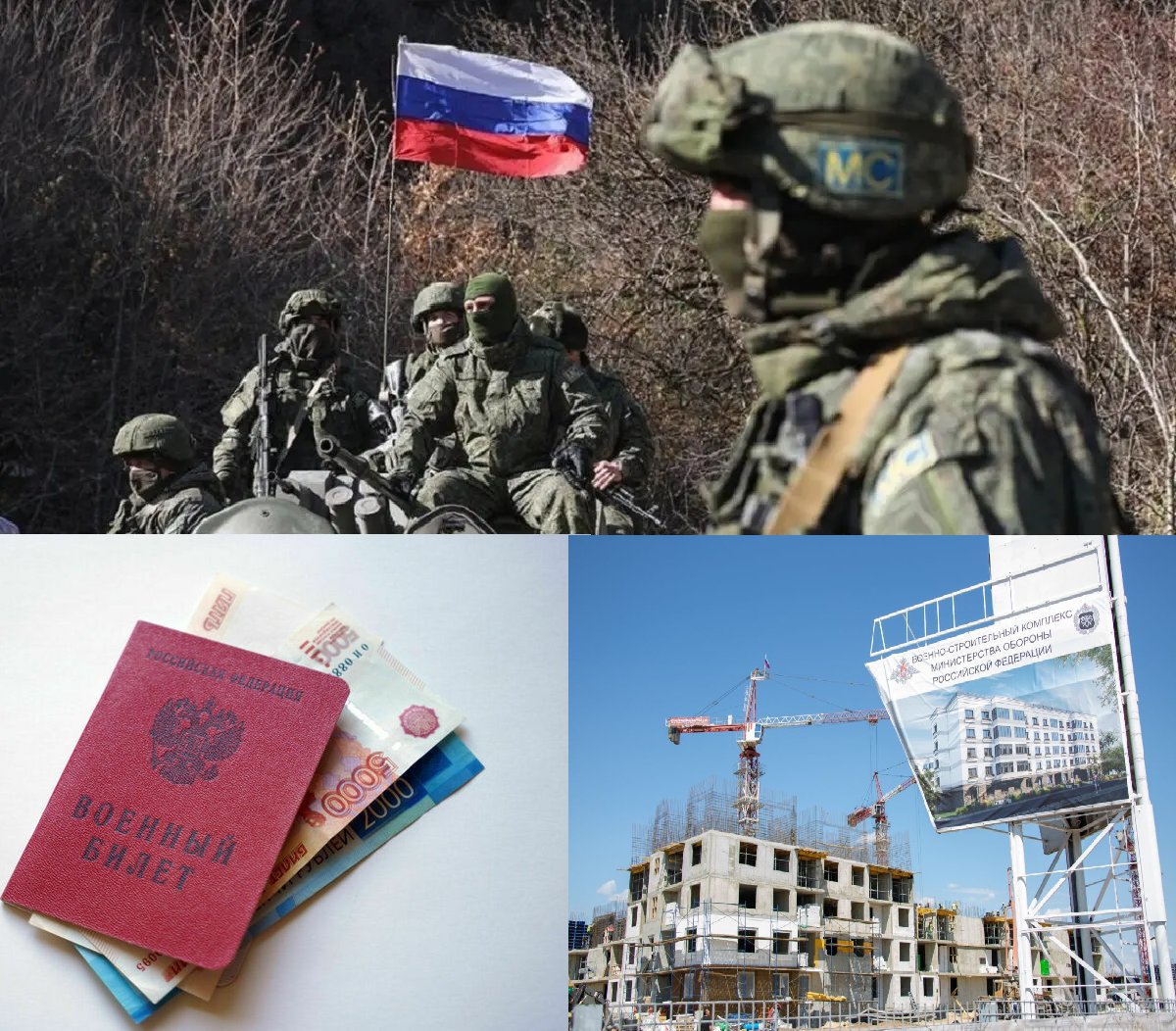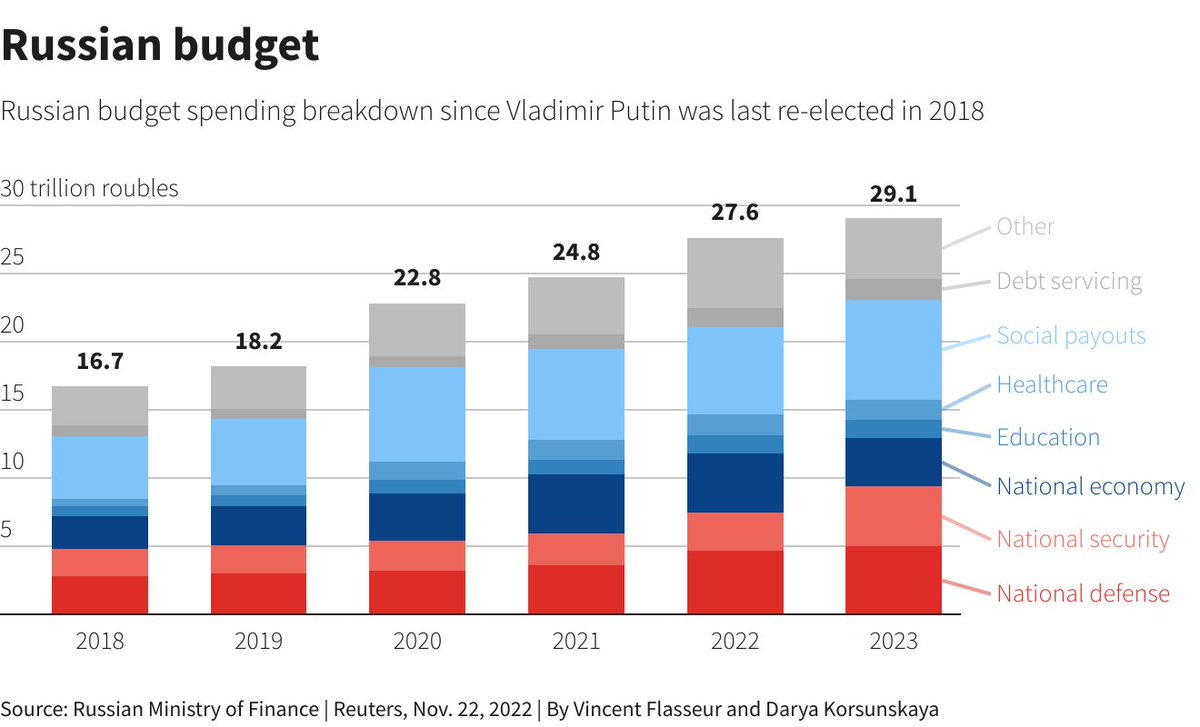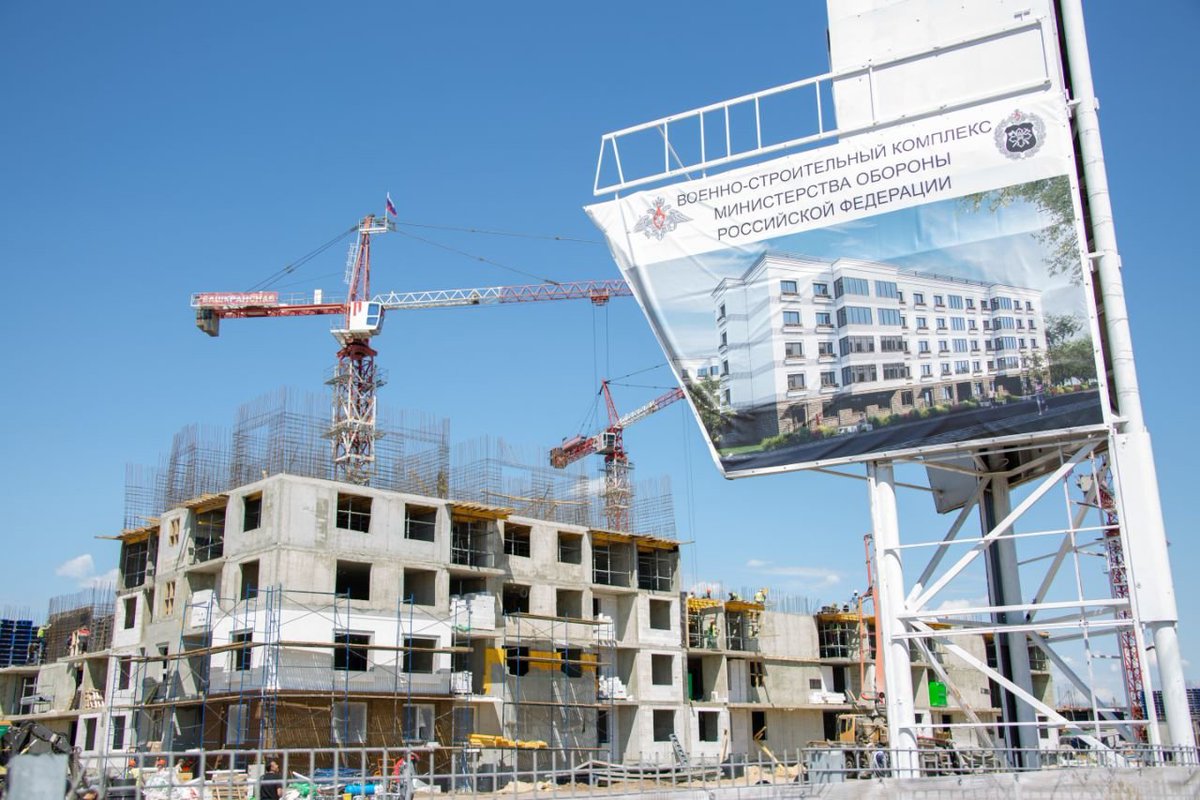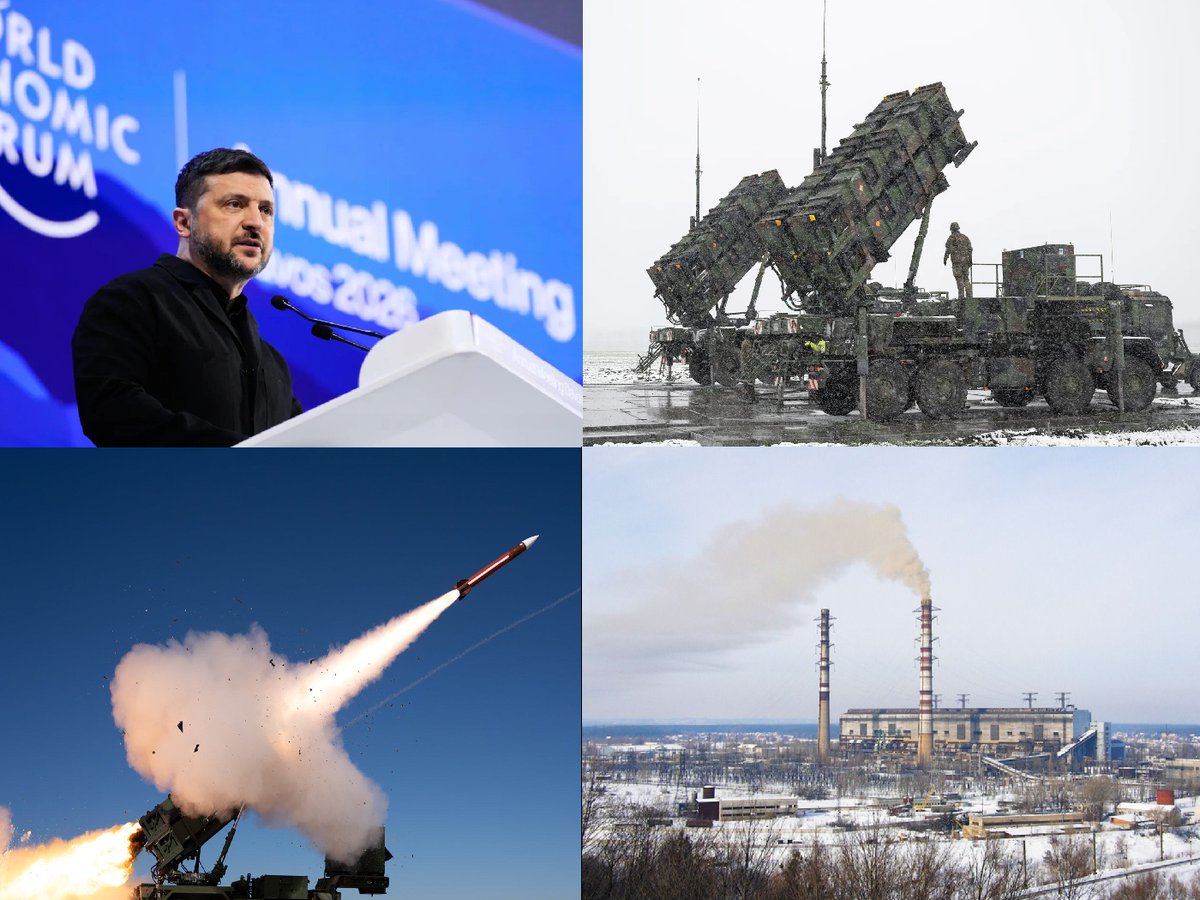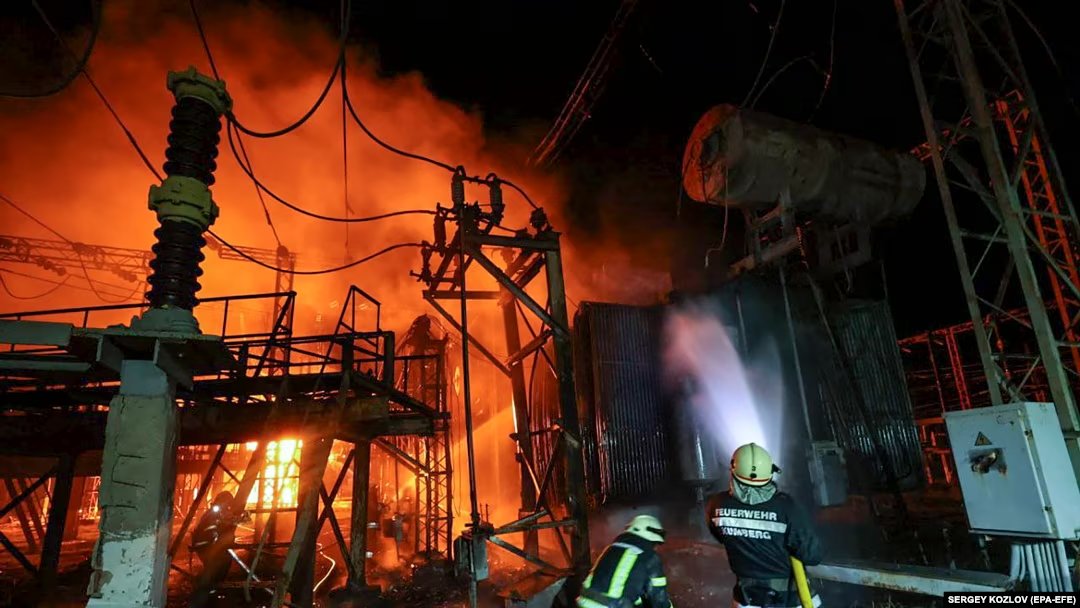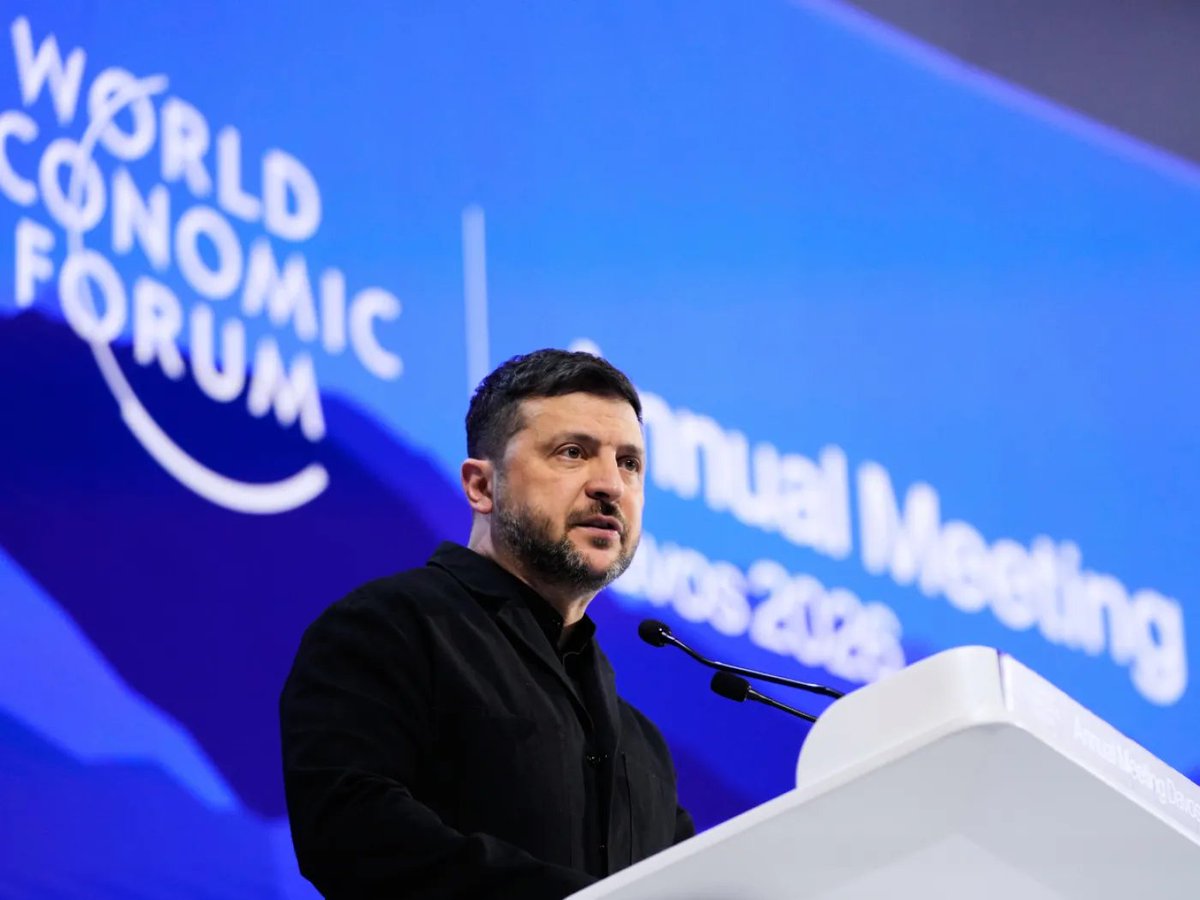The most difficult area on the front for the Ukrainian Armed Forces in recent weeks has been the section northwest of Avdiivka, a suburb of Donetsk captured by the Russians in February. The Russian army is currently advancing on Pokrovsk and storming Toretsk. However,
1/19
1/19
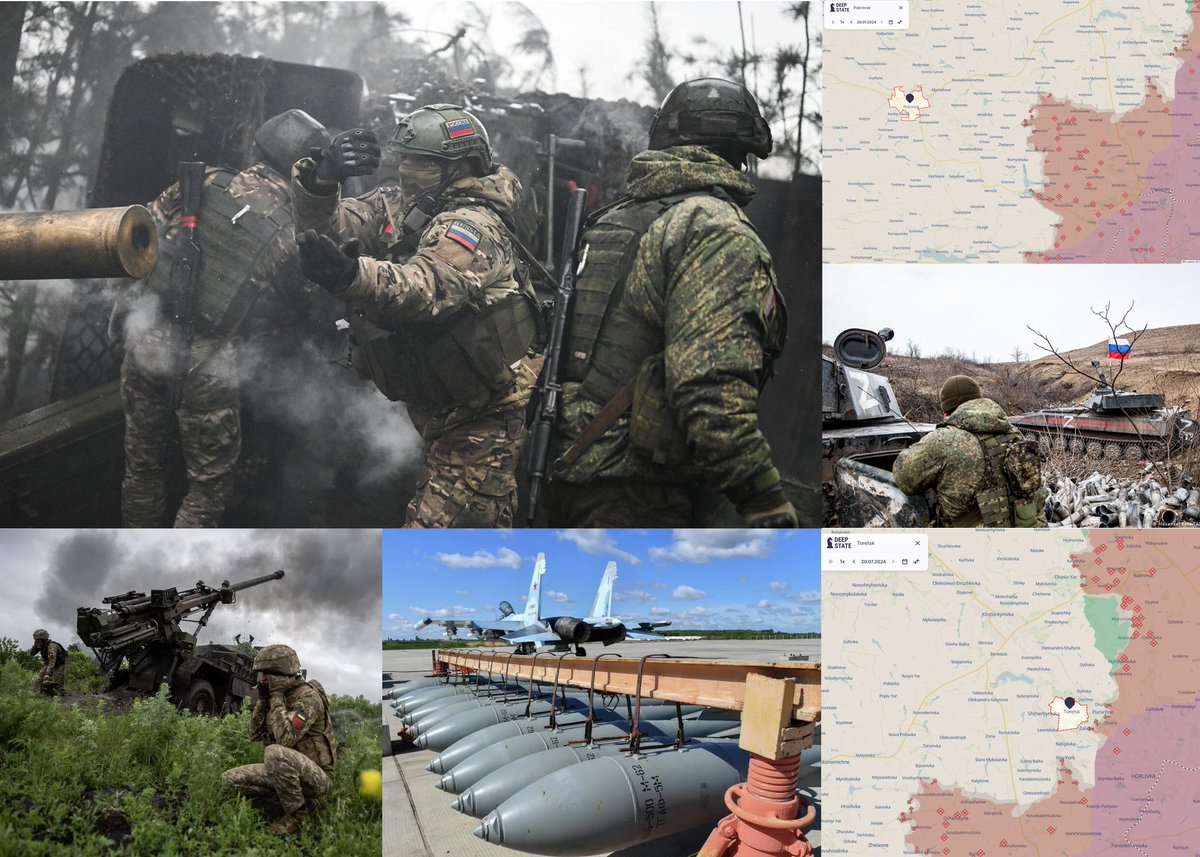
in reality, the Russians are simply advancing on all sections of the front and advancing where they can push through the Ukrainian Armed Forces' defenses, military experts explain. After taking Avdiivka, the Russian army continued to slowly advance west and northwest,
2/19
2/19

capturing several villages. An important event was the capture of the village of Ocheretyne, where Ukrainian positions were left unprotected when units were replaced. The front did not collapse, but in three months the Russians have expanded their bridgehead, occupying
3/19
3/19

several villages around it. Further south, the Russians' successes are not as noticeable, but there is also progress. The Ukrainian General Staff notes that the Russians have concentrated significant forces in the Pokrovsk direction. According to a fighter of the Aidar
4/19
4/19
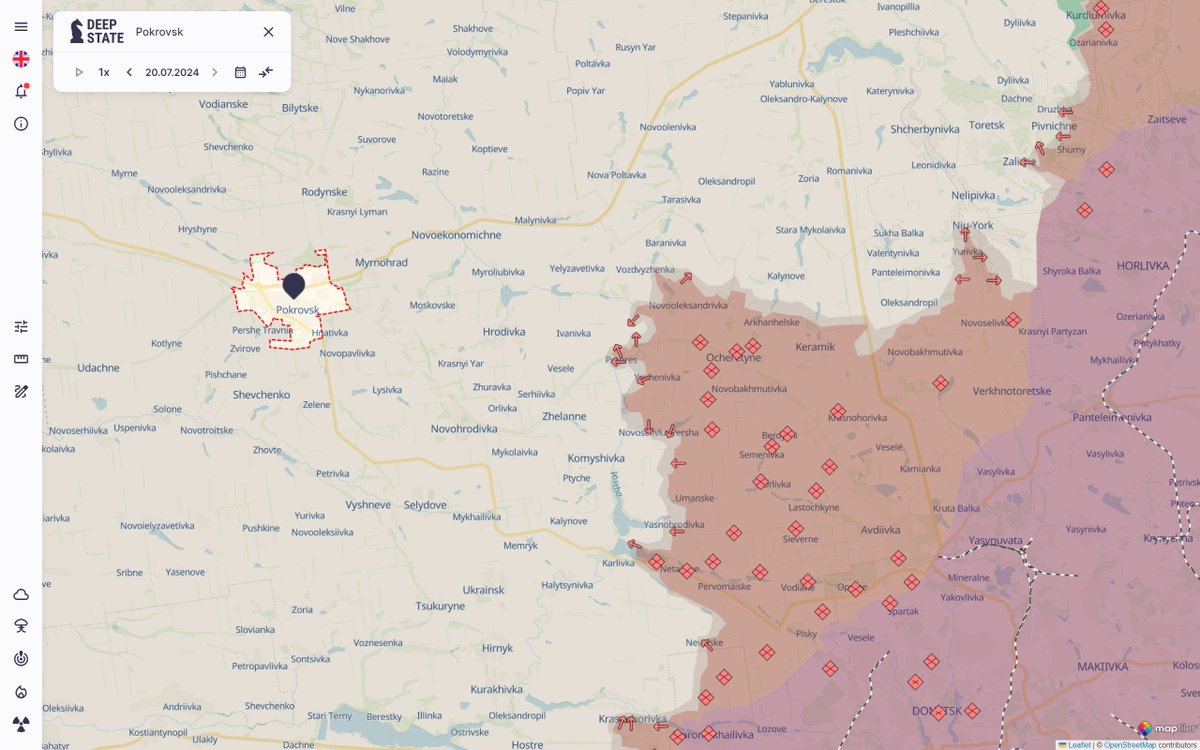
In addition, in June, Russian troops began an assault on Toretsk, located to the east of Ocheretyne, and advanced several kilometers. Here, the relative success of the Russians is due to the fact that the Ukrainian units were primarily afraid of attacks from the flanks -
5/19
5/19
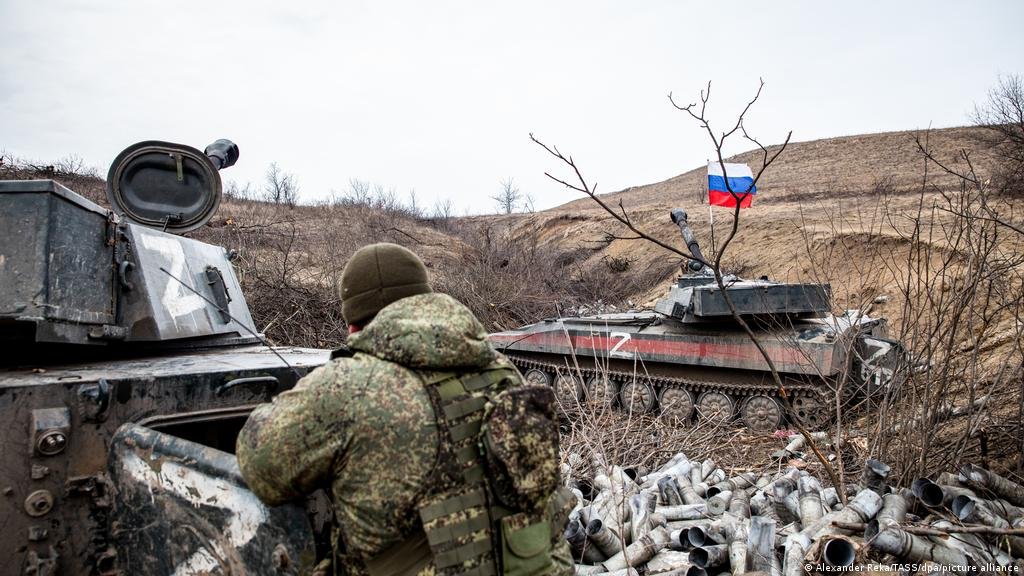
from the north and south of the city, writes Ukrainian military analyst Konstantin Mashovets. However, the Russians did not achieve success on the flanks and began to storm Toretsk head-on - from the east, which came as a surprise to the Ukrainian commanders. Judging by
6/19
6/19
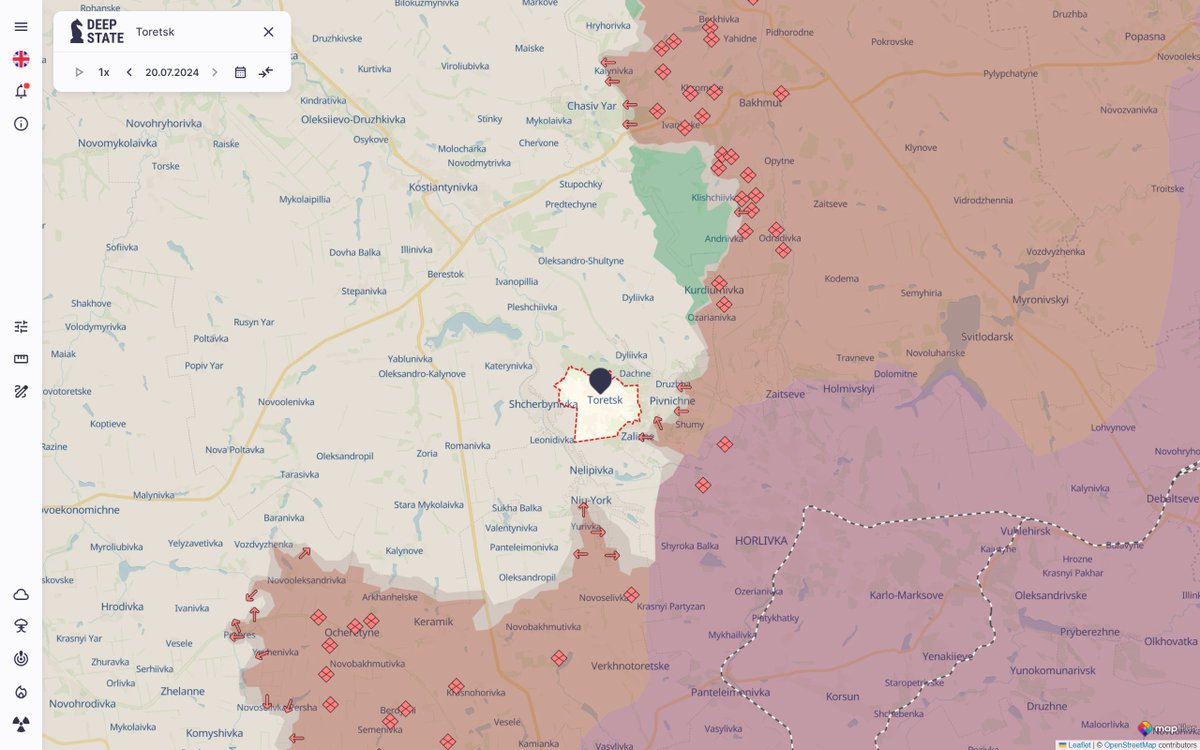
the reports of the General Staff of the Ukrainian Armed Forces, Russian troops are attacking near Toretsk no less intensively than in the Pokrovsk direction. Further advance in the area of the Ocheretyne breakthrough, as has already been said, will allow cutting off
7/19
7/19
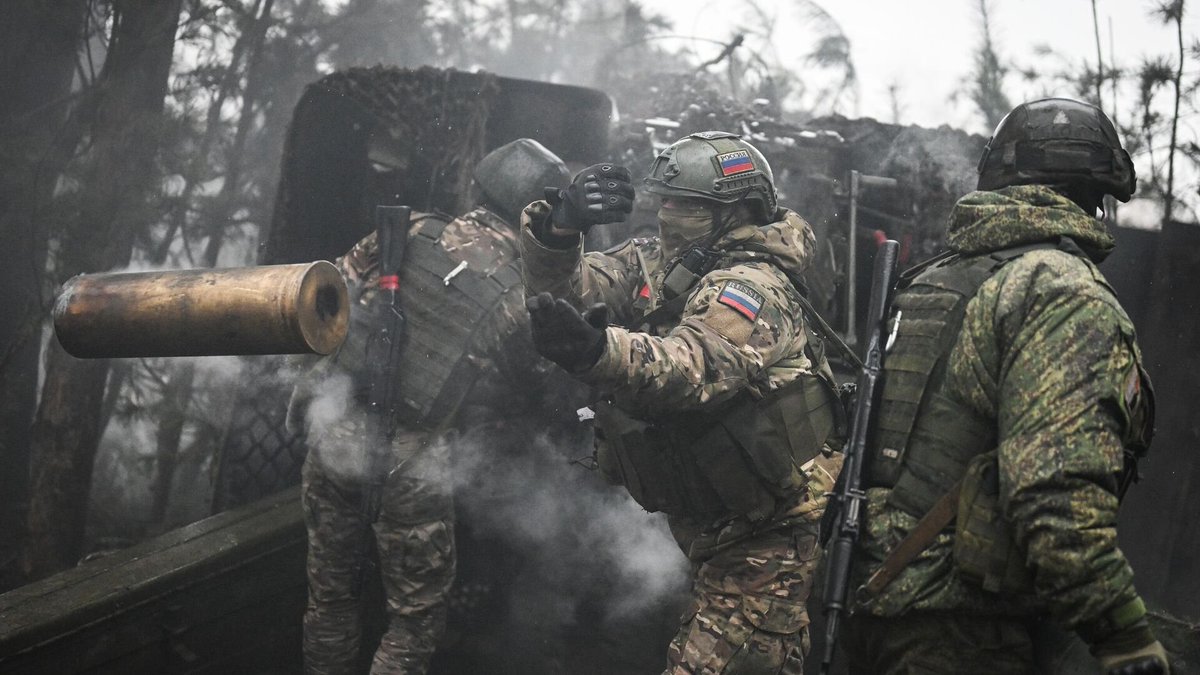
the supply line of the Ukrainian troops. And the capture of Toretsk will complicate the situation of the Ukrainian Armed Forces in Konstantinovka and Chasiv Yar. Russia is exerting pressure in several directions, probably to introduce strategic reserves where the transition
8/19
8/19
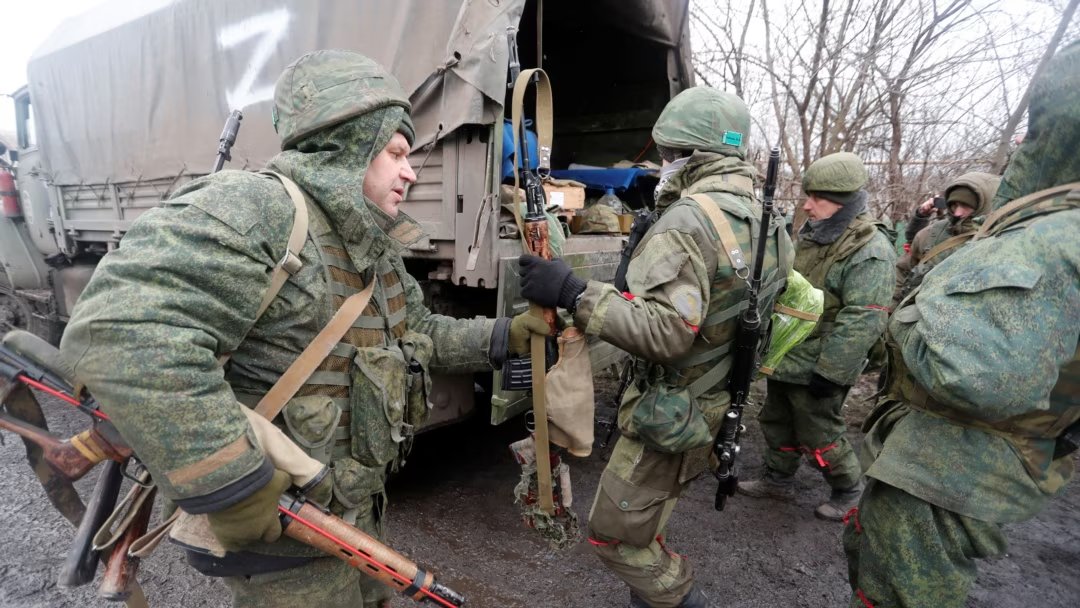
of tactical successes into operational ones is expected. However, the Russian army used large reserves for the Kharkiv front, and they are exhausted, apparently. The lack of large reserves is also indicated by the fact that most new contract soldiers are at the front
9/19
9/19
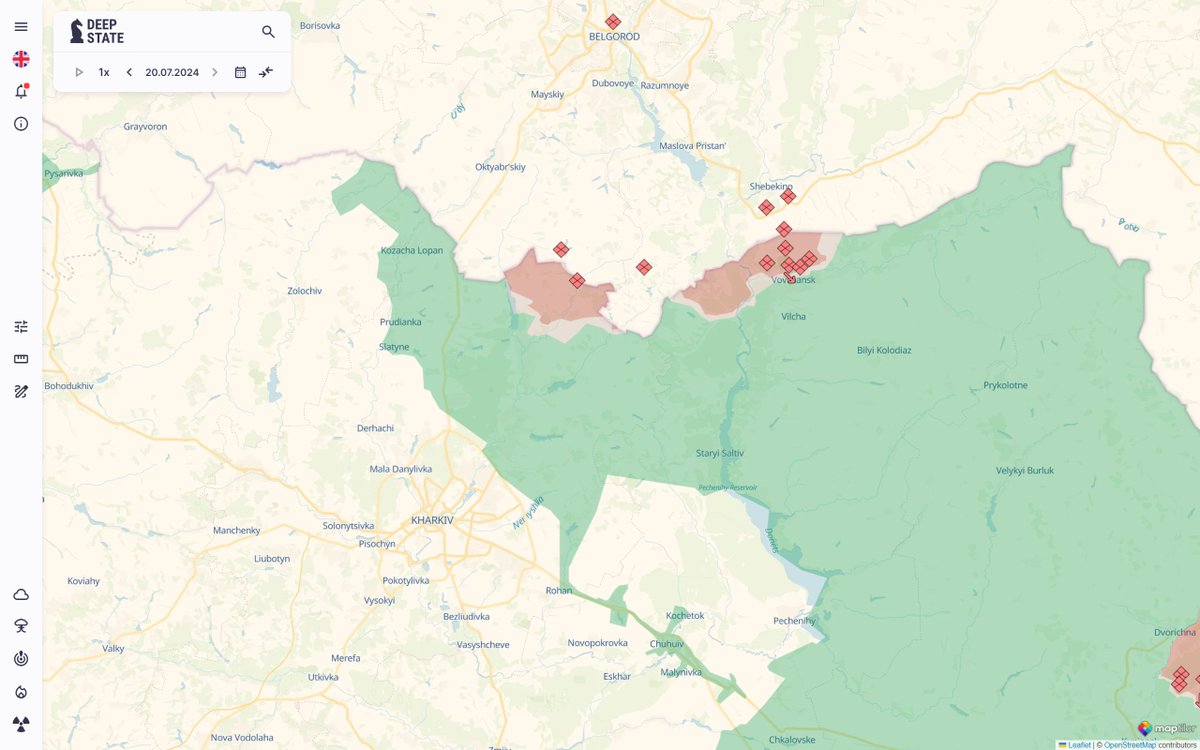
in record time. The successes of the Russian army in the last few months have become possible for three main reasons: the Russians have more artillery shells, they use powerful glide aerial bombs with the range extension kit UMPK in large quantities, commanders are ready
10/19
10/19
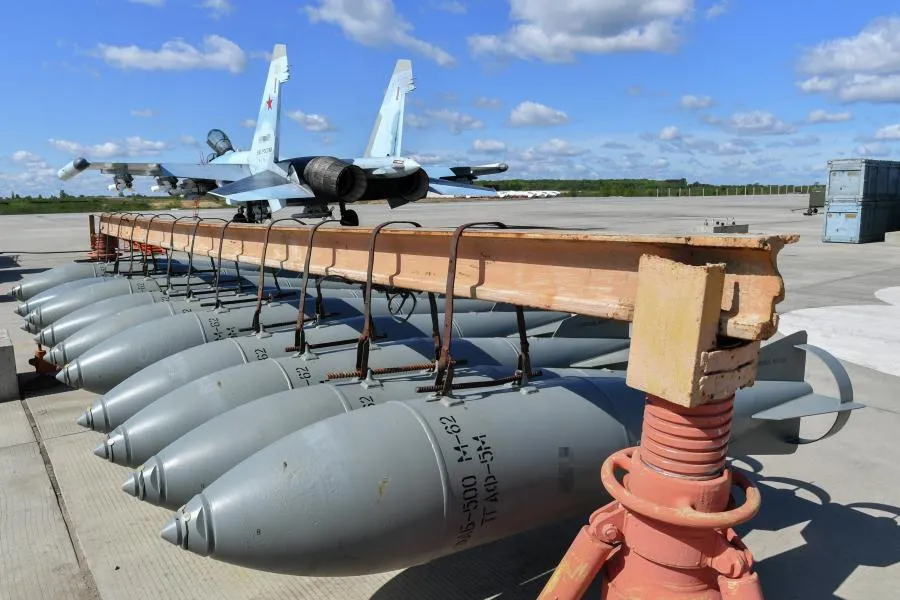
to send fighters to assault, regardless of large losses. However, the Russians' superiority in the amount of ammunition and manpower is gradually fading. According to Michael Kofman, in the Kharkiv region, the opponents are conducting artillery fire with the same intensity,
11/19
11/19
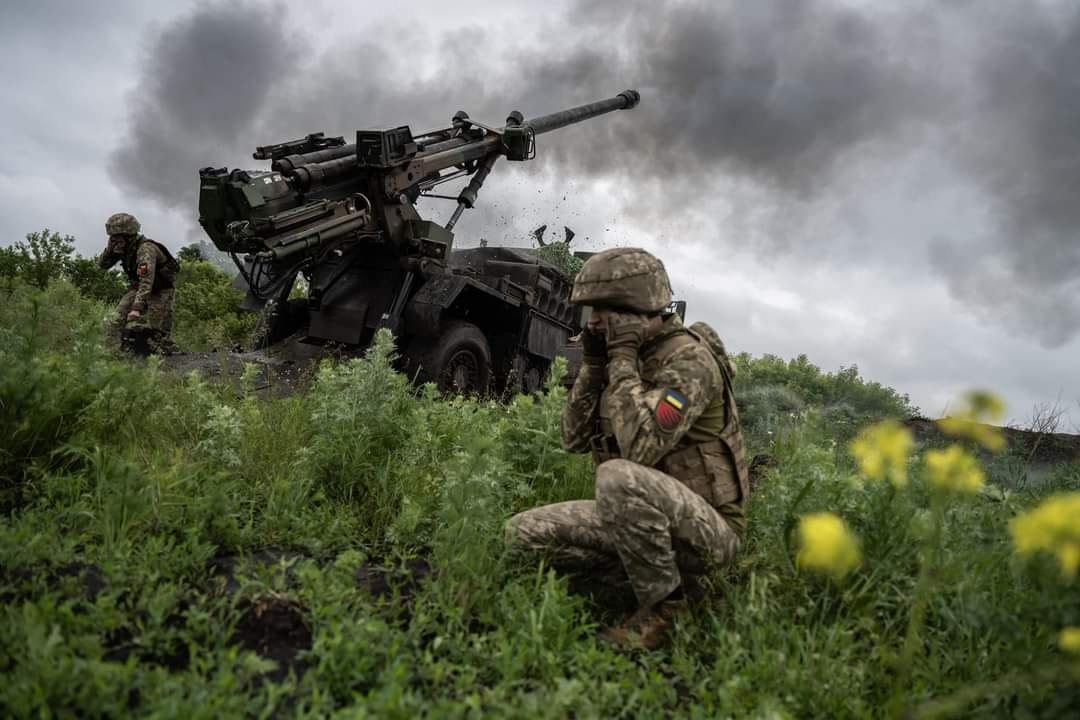
in other parts of the front the advantage of the Russians in shells does not exceed the ratio of 5:1 and is decreasing. Retired US Navy Colonel Mark Kansian already sees signs of stabilization of the front. John Kennedy from RAND believes that the main task of the Ukrainian
12/19
12/19
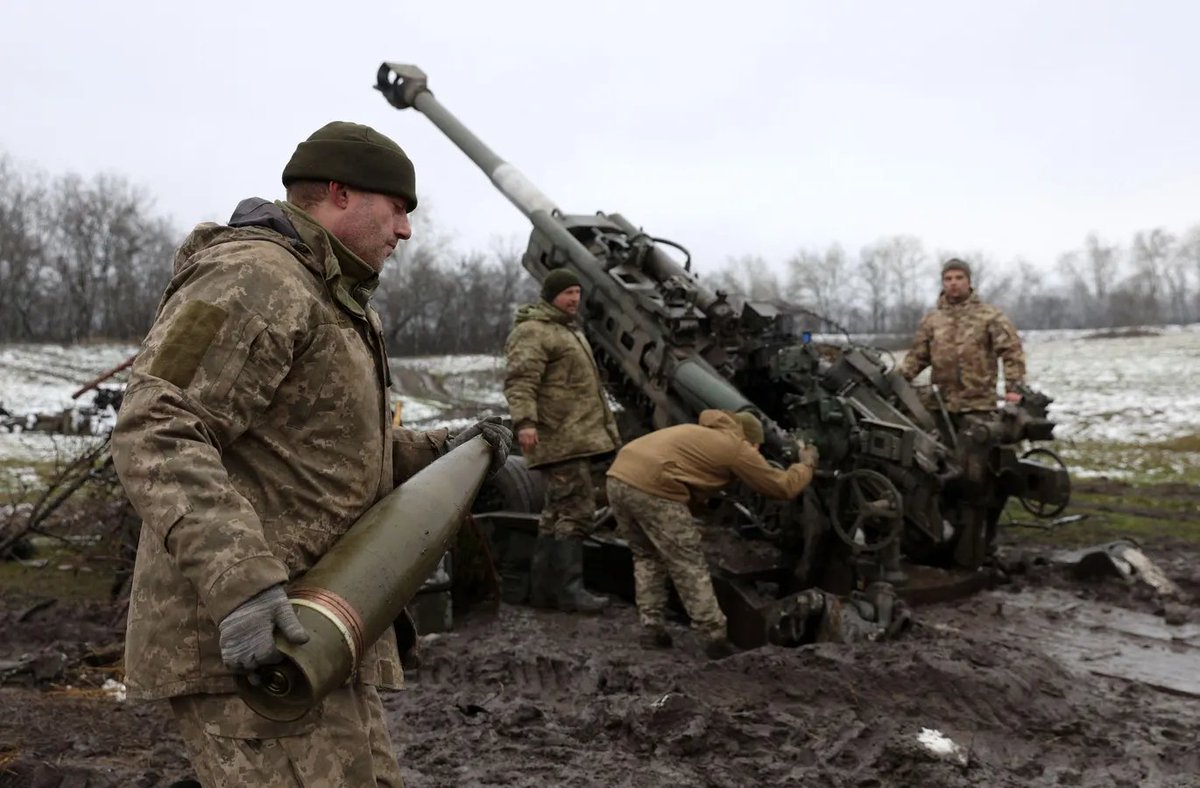
Armed Forces is to prevent significant breakthroughs by the enemy until the fall. By that time, the Ukrainian units will be replenished with trained recruits, and the weather conditions will make it difficult for the Russian army to attack. The bombing of Ukrainian
13/19
13/19
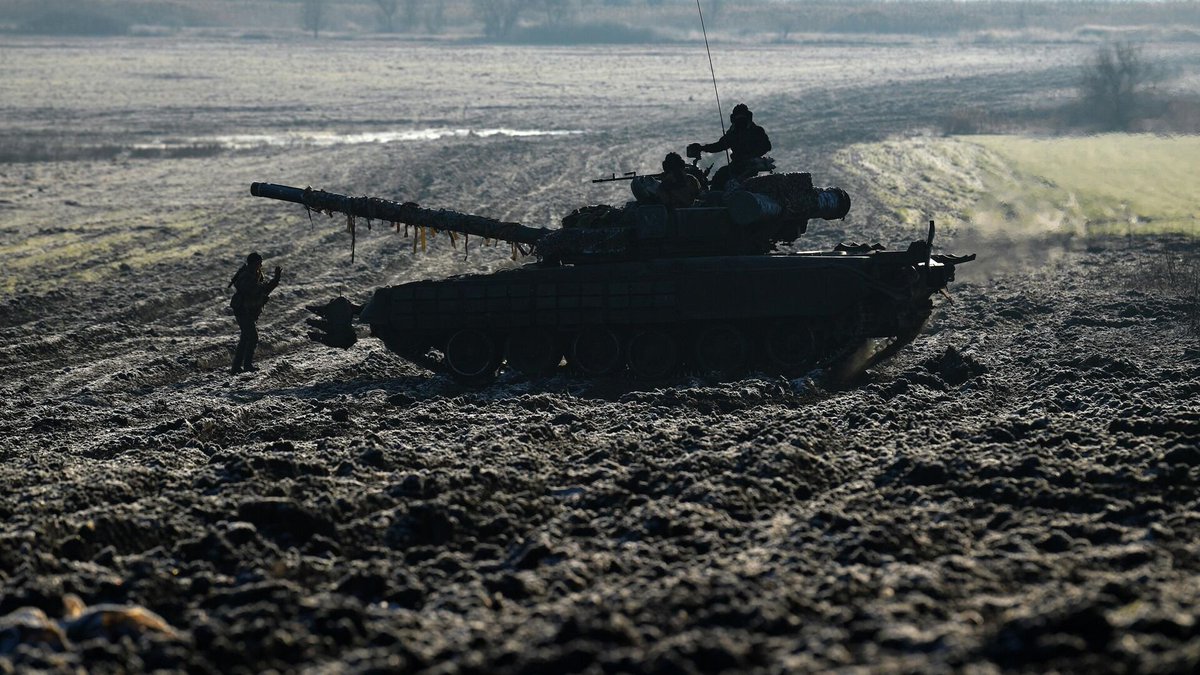
positions with aerial bombs remains an unresolved problem. Ukraine lacks modern air defense systems to counter Russian aircraft. However, the main thing is that Ukraine really surpasses Russia in terms of using drones and related technologies. Russia also has mass
14/19
14/19

production and produces a huge number of drones, but Ukraine has relied on these technologies and this helps the Ukrainian soldiers level the situation at the front, having many times fewer resources. However, it must be understood that in a war of attrition, which this
15/19
15/19
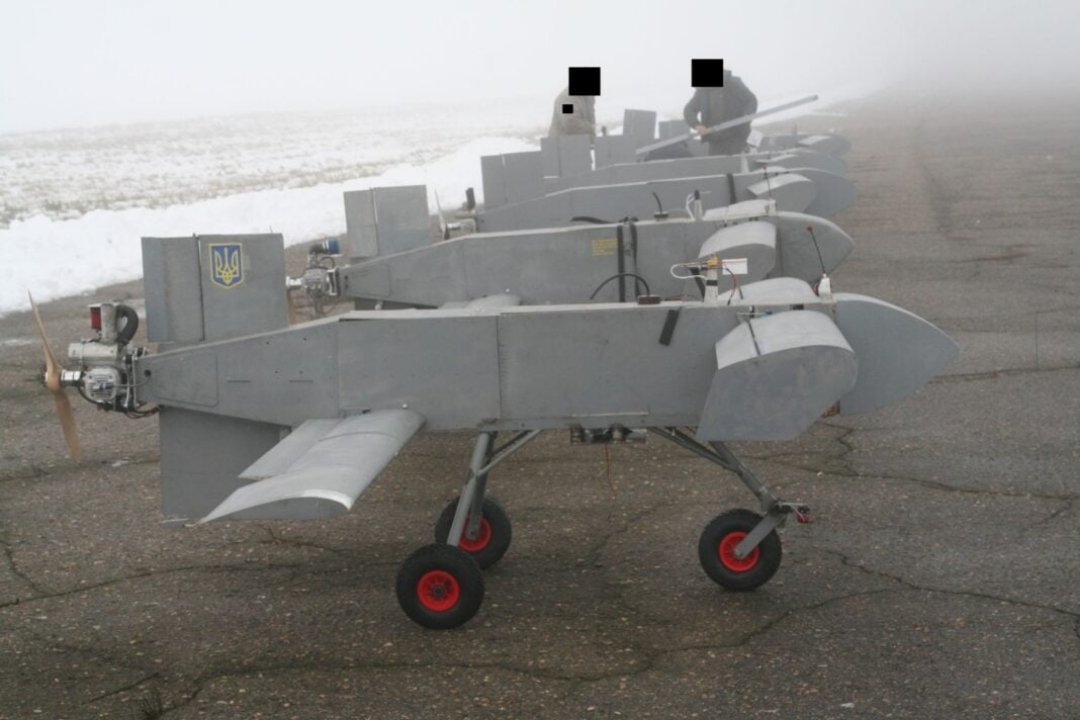
conflict has taken, taking one or two new settlements, especially after they are completely destroyed by FABs, does not affect the outcome of the conflict. The resources spent on this do. And Ukraine understands well the goal of many Russian attacks - to capture a city so
16/19
16/19
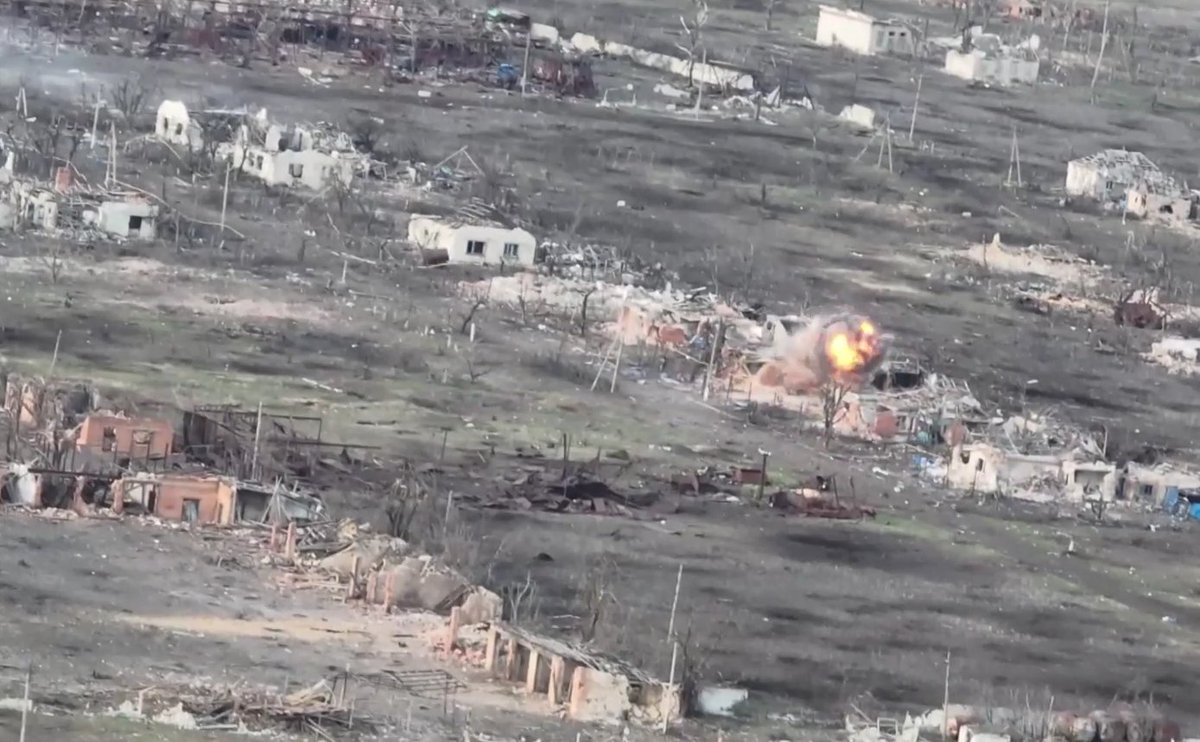
that there is something to report to the authorities. Ukraine is trying to destroy Russia's logistics and resources. Often allowing the Russians to enter the city, but then cutting them off from drone supplies. Another big news story of the past week was the abandonment
17/19
17/19
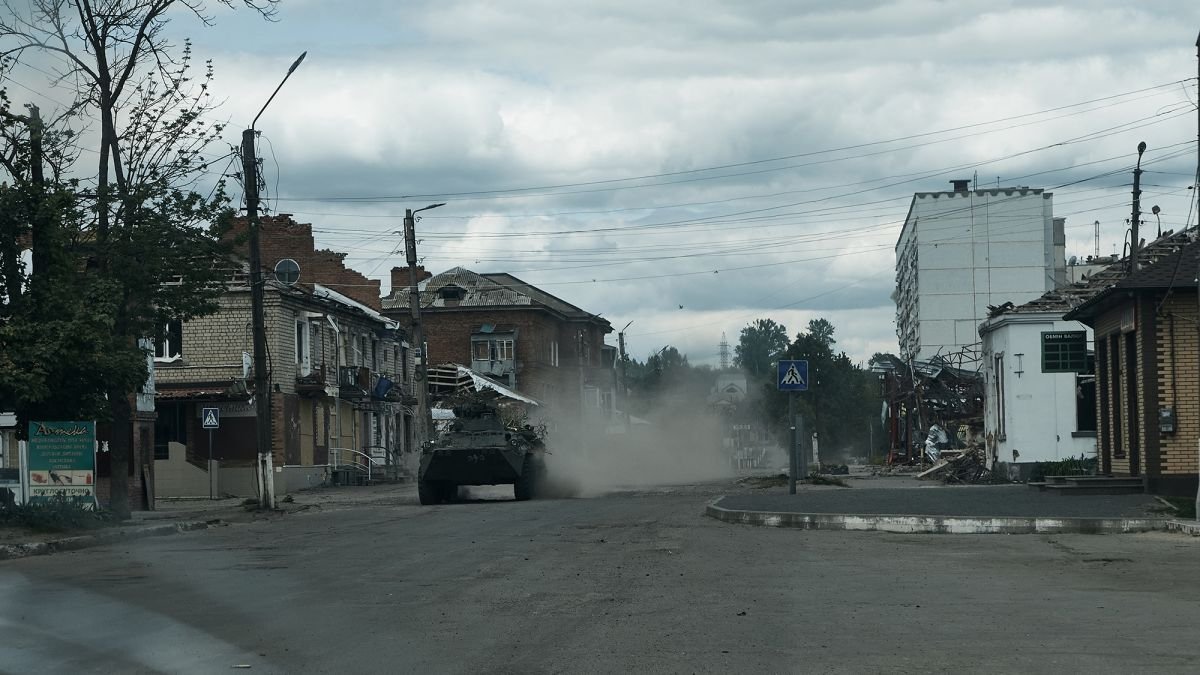
of Krynki. Experts argue about the feasibility of the entire operation and losses, but the Russians lost a huge amount of equipment and soldiers near Krynky. They were also forced to send more resources to the Kherson direction, unable to transfer them to the north.
18/19
18/19
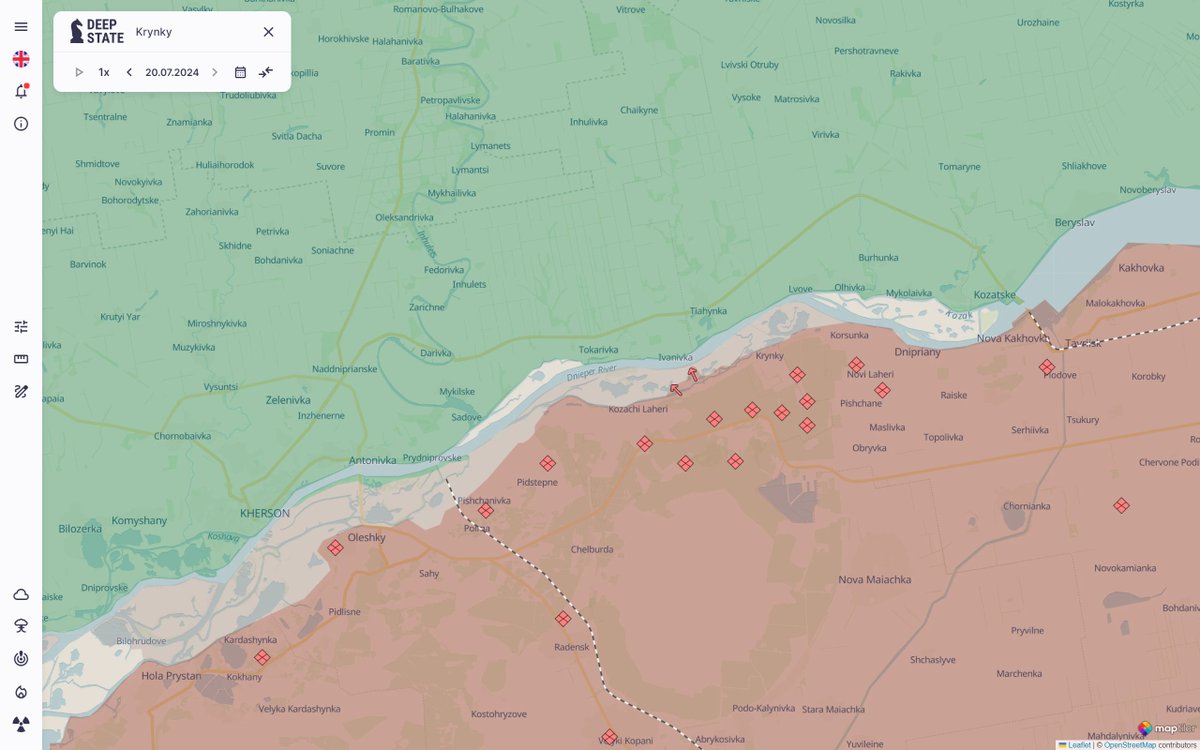
Source:
19/19istories.media/stories/2024/0…
19/19istories.media/stories/2024/0…
• • •
Missing some Tweet in this thread? You can try to
force a refresh



